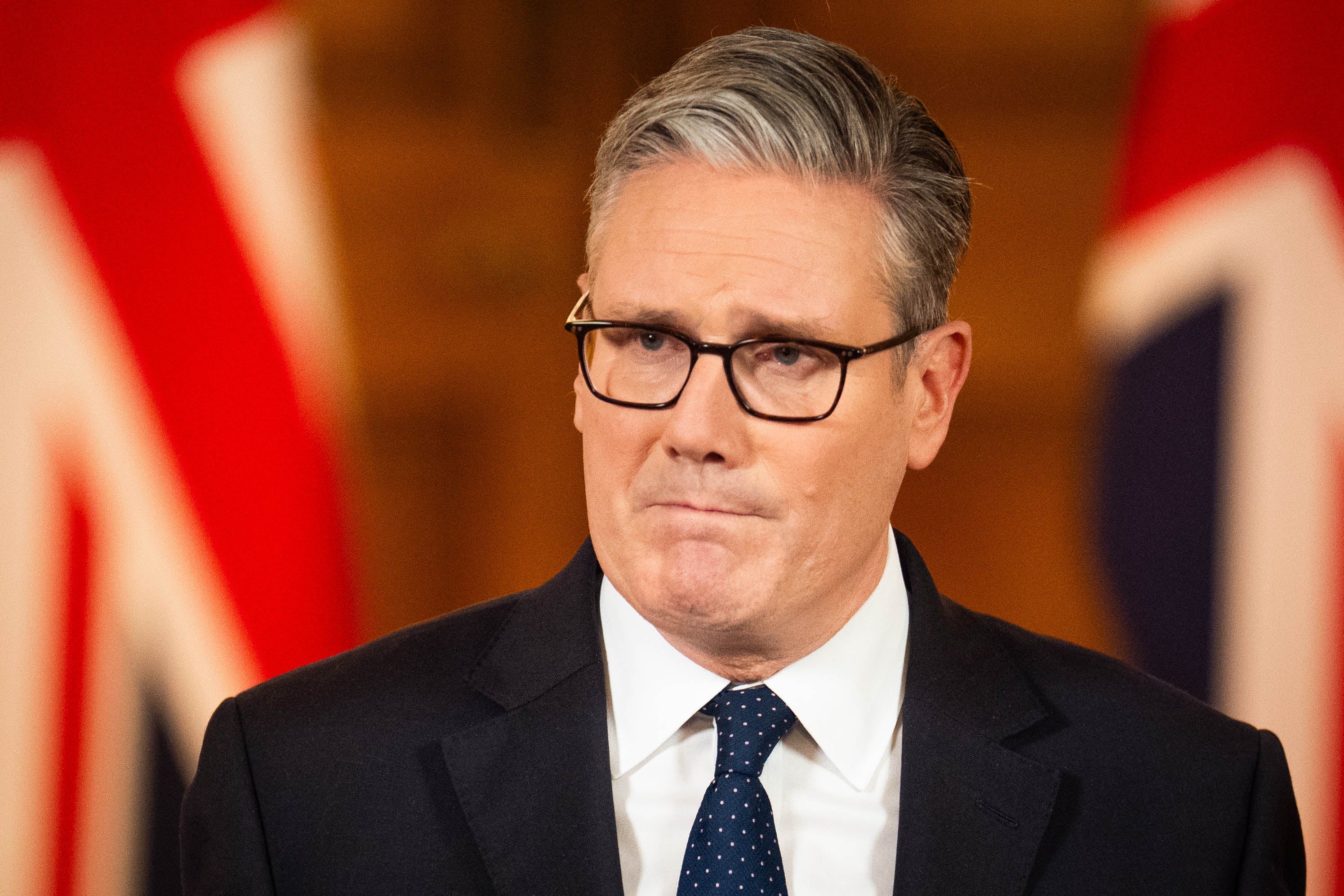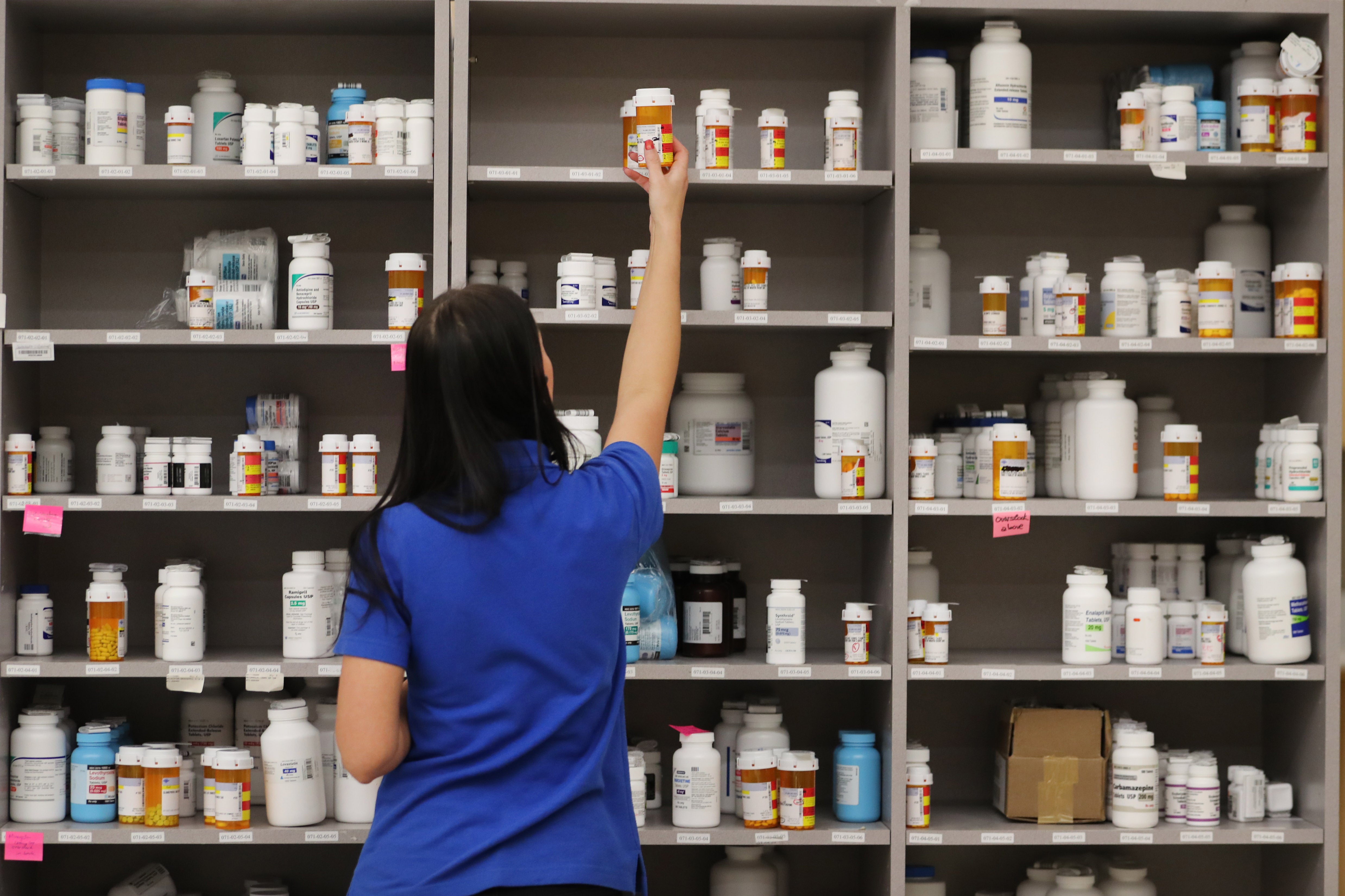Pressure from Donald Trump to hike UK drug prices could wipe billions from the NHS budget, causing suffering to the “vast majority of NHS patients”, experts have warned.
Health think tank, the Nuffield Trust, urged the government not to give in to the demands of pharmaceutical companies to raise prices, warning that the threshold for spending on new drugs is already too high.
It says a new deal will only trigger further increased price demands and make healthcare in the UK more expensive.
The warning comes as Sir Keir Starmer looks set to bow to President Trump’s demands to pay pharmaceutical companies more money, including increasing the threshold the National Institute of Clinical Excellence (Nice) sets for spending on new drugs by 25 per cent.
The move is believed to be an attempt by the government to avoid a wave of new US tariffs over what President Trump believes to be anti-competitive practices by the UK.
However, in a report shared exclusively with The Independent, the Nuffield Trust warned that the current Nice threshold is already too high in terms of delivering value for money, as it does not take into account the cheaper benefits to the population of spending more money on GP access, A&E and surgeries.
“Pharmaceutical company shareholders will benefit, but the vast majority of NHS patients would suffer, if this comes at the expense of improving wider NHS care,” Sally Gainsbury, senior policy analyst for the Nuffield Trust, said.

“Even if the NHS budget is topped up to fund a higher spend on new drugs, an increase in the Nice threshold will mean a larger share of the NHS’s total funding will be diverted to new drugs that bring a lower level of health benefit to the population as a whole than had the extra funding been spent on extending or shoring up existing services and treatments, such as GP appointments and elective surgery,” she added.
Dr Layla McCay, director of policy at the NHS Confederation, said her organisation would be “very concerned” if trusts had to absorb higher drug costs within their existing budgets. “NHS leaders are already doing everything possible to reduce the NHS’s deficit whilst protecting quality care, so any uplift in medicines prices would need to be fully funded by the Treasury to avoid the risk of it impacting financial or operational performance.”
The government has also previously rejected pharmaceutical company requests to increase the Voluntary Scheme for Branded Medicines Pricing, Access and Growth (VPAG), which ensures a cap on price hikes for NHS medicines, by £2.5bn, which would be half the real terms increase to the NHS’s budget next year, according to the Nuffield Trust.
The think tank said that while the government has placed the life sciences industry at the heart of its economic growth plans, a suggested change in the drug pricing system would offer little guarantee that the government would get the return on its investment.
The think tank also challenged pharmaceutical company threats to pause or scrap planned investments in the UK, if the NHS does not increase the prices it pays for new drugs.
It said there is no evidence showing that the prices countries pay for new medicines, or the speed at which new drugs are adopted, influence investment decisions by pharmaceutical manufacturers and developers.

They added that at a time when many within the US science and health research community see their work as under threat through cuts to government funding and the promotion of anti-scientific research, “the UK government would do well not to underestimate the comparative advantage already offered to health science in the UK”.
“The government should stand firm against pressure to weaken those controls, which protect value for both patients and the taxpayer,” it said.
Under the current rules, the Nice threshold measures whether a treatment offers good value for money. This means that if a drug costs the NHS between £20,000 and £30,000 for every extra year of good-quality life for a patient, it is considered good value.
However, reports on Wednesday suggested this range will increase by 25 per cent from £25,000 to £30,000.
According to the Nuffield Trust and London School of Economics (LSE) analysis, the current method used by Nice to decide if a new drug is cost-effective does not account for the costs of GP care, A&E visits or surgical procedures.
Dr Huseyin Naci, associate professor of health policy at the London School of Economics, who co-authored the report: “If the aim is to get as much health benefit out of the NHS’s finite budget as possible, then the figure currently paid is already too high, as the NHS can generate more health benefits for the same cost by extending existing services.”
The second way the UK controls spending is through an overall price cap on the NHS’s spending for new branded medicines, called the VPAG.
Under this agreement, if a pharmaceutical company raises prices beyond the current agreed increase cap of 3.75 per cent, they must pay the difference back to the Department for Health and Social Care (DHSC) to protect the NHS from price hikes.
While the government has already rejected demands for it to increase by £2.5bn, the Nuffield Trust said that for any new price deal to be beneficial to the pharmaceutical industry, the VPAG would also have to increase, to avoid firms simply paying back any increases over the current cap.
The DHSC and the Association of the British Pharmaceutical Industry were approached for comment.
Change to NHS drug analysis on the table to stave off US tariffs – reports
New side effect of weight-loss drugs becoming more common, research suggests
NHS drug prices set to rise as Starmer to cave on Trump demands
Do I still need a Covid vaccine in 2025 – and how do I get one?
A disease-spreading mosquito has been found in the UK. Here’s why it’s a concern
The new DNA test that could predict cancer before it develops







